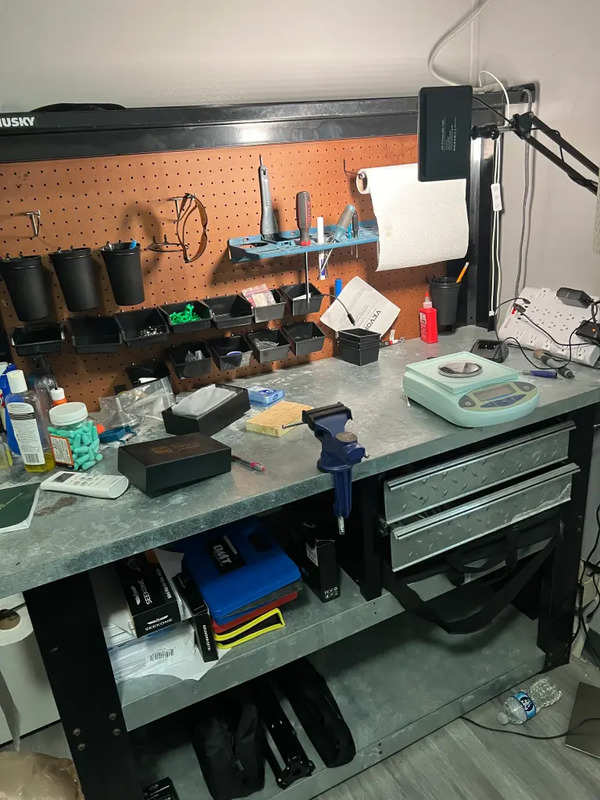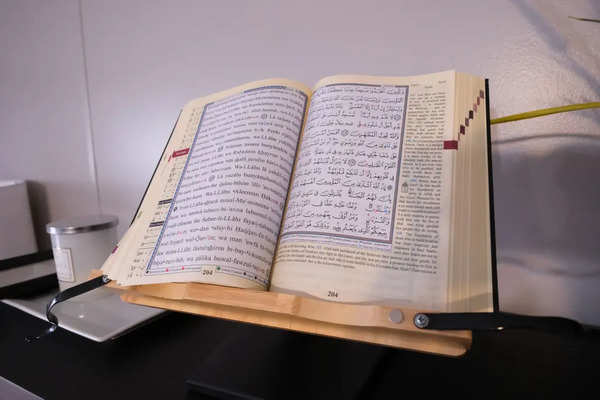
Uncover chilling details from the New Orleans terror attack by Shamsud-Din Jabbar. Discover bomb-making materials, radical ideologies, and a veteran’s descent into extremism.
The New Orleans terror attack on New Year’s Day shook the nation, leaving 14 people dead and dozens injured. The perpetrator, Shamsud-Din Jabbar, a 42-year-old former Army staff sergeant, rammed a rented Ford F-150 Lightning into crowds on Bourbon Street before dying in a shootout with police. Federal investigators have classified the horrific incident as an act of terrorism, uncovering bomb-making materials and radical ideologies at Jabbar’s North Houston home.

Radicalization and Extremism
Jabbar’s trailer home revealed a chilling scene of bomb-making materials, chemicals, and a Quran opened to Verse 9:111, a passage extremists often interpret as a call to violence. Authorities believe this ideology motivated Jabbar’s attack. Just minutes before the rampage, he posted videos pledging allegiance to ISIS and issuing threats, including against his own family.
His radicalization stunned those close to him. His younger brother, Abdur Jabbar, described him as once “caring” and “smart.” Yet, the radical transformation led him to embrace extremist ideologies and execute a deadly attack.

A Scene of Chaos
The FBI raid on Jabbar’s home painted a grim picture of his life leading up to the attack. His bedroom featured a workbench with bomb-making tools, chemical residues, and compounds often used in explosives. The Quran’s prominent placement opened to a verse glorifying violence provided further insight into his mindset.
Despite the chaos, remnants of his personal life remained. Children’s toys, bunk beds, and scattered belongings indicated his role as a father to two daughters, aged 15 and 20.
The Attack on Bourbon Street
Jabbar’s weapon of choice was a rented Ford F-150 Lightning, driven straight into crowds celebrating New Year’s Day on Bourbon Street. Fourteen people lost their lives, and dozens were injured in the carnage. Witnesses described the scene as horrifying, with bodies strewn across the street.
Federal investigators linked the attack to Jabbar’s radical beliefs. His vehicle, rented through a car-sharing platform, became a tool of destruction, sparking questions about oversight in such services.
A Veteran’s Downfall
Jabbar’s descent into extremism contrasts starkly with his military career. A former Army staff sergeant, he served in Afghanistan from 2009 to 2019. However, his post-military life was marked by financial struggles, failed ventures, and personal turmoil.
Neighbors noted that hours before the attack, Jabbar falsely claimed he was heading to New Orleans for a new IT job. Instead, he launched a deadly rampage, leaving a trail of devastation.
Addressing Radicalization
The New Orleans terror attack underscores the importance of addressing radicalization and supporting veterans. Jabbar’s case reveals how personal struggles and extremist ideologies can intertwine with devastating consequences.
As investigators continue to unravel the details, the tragedy serves as a stark reminder of the need for vigilance and comprehensive support for vulnerable individuals.


